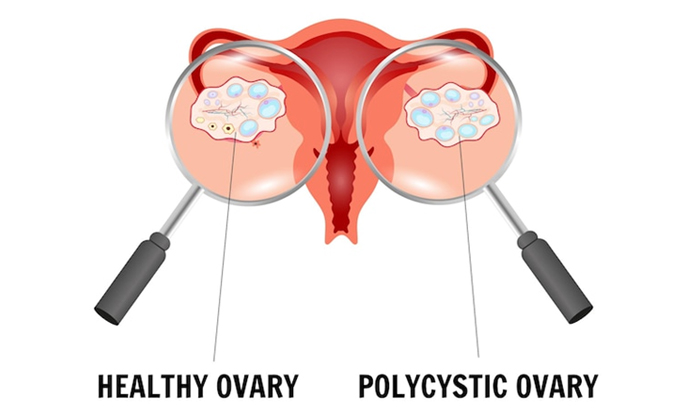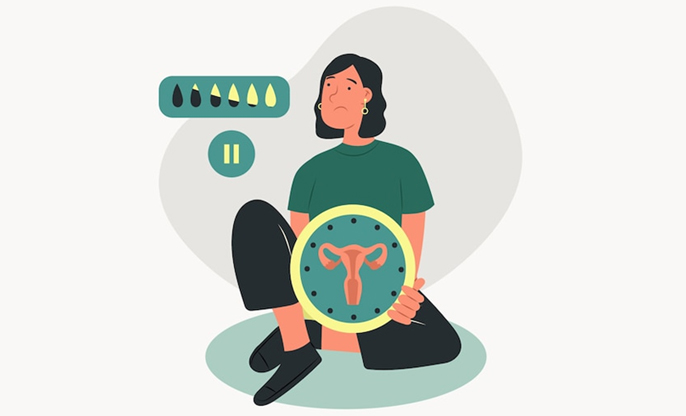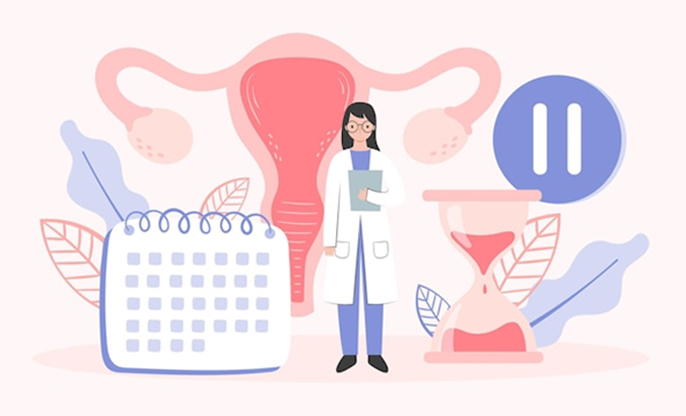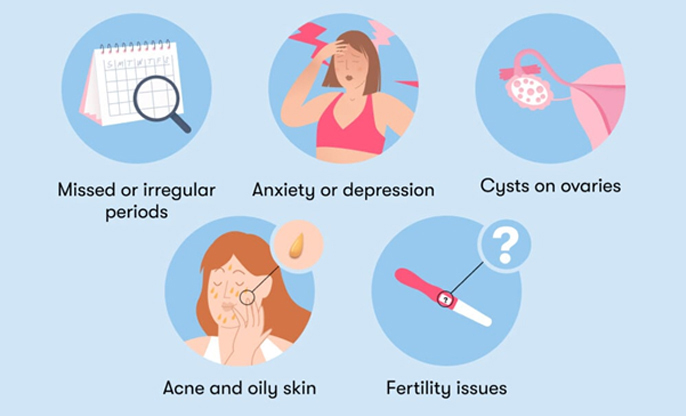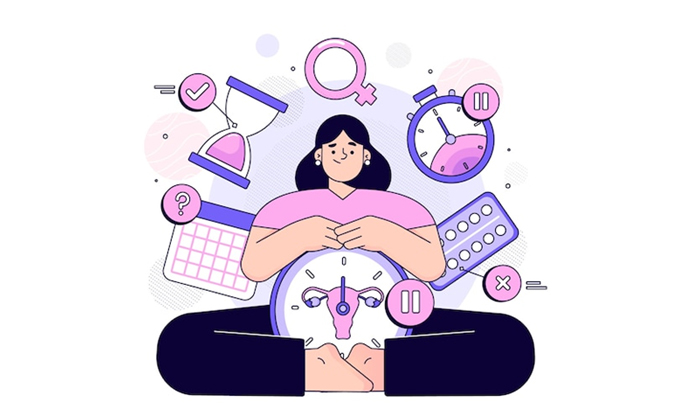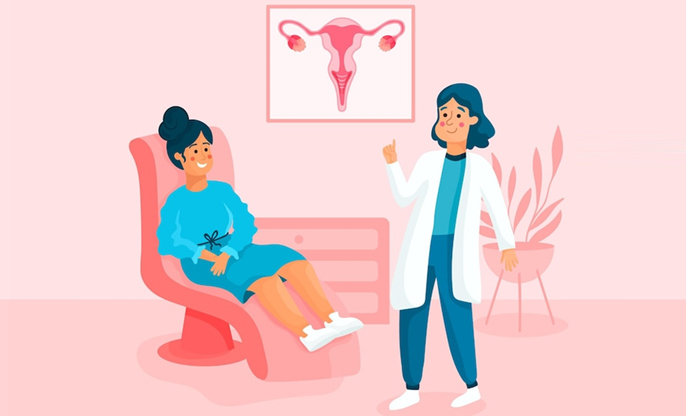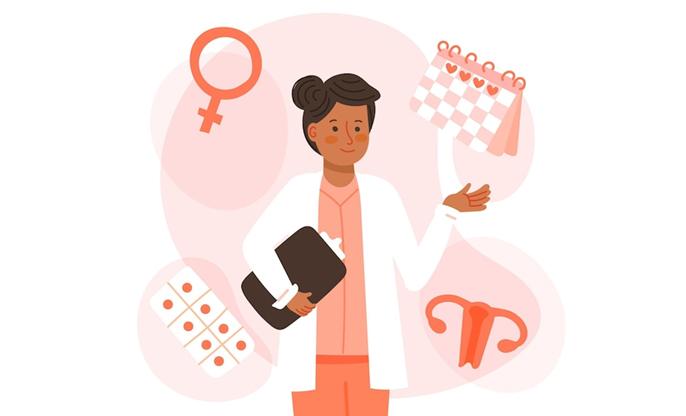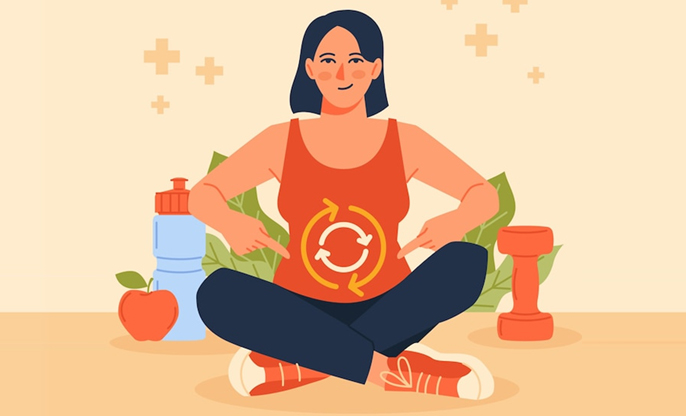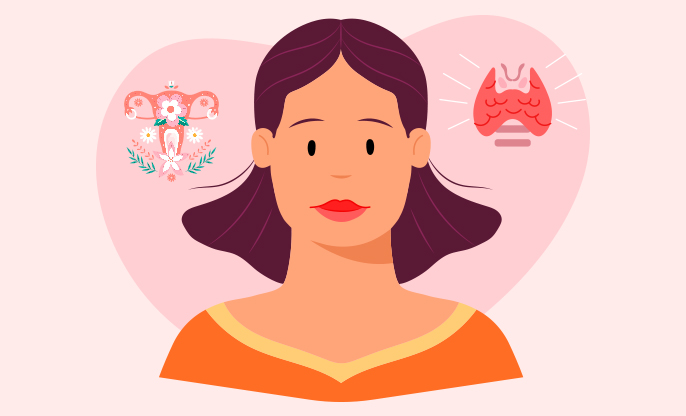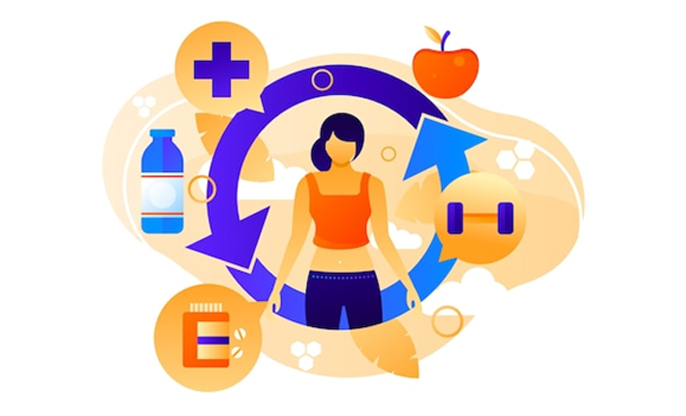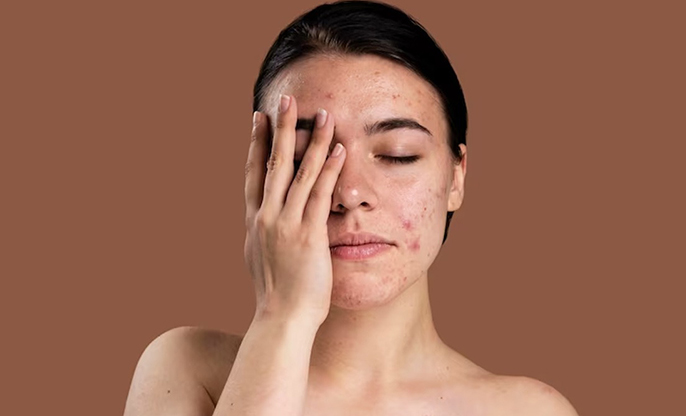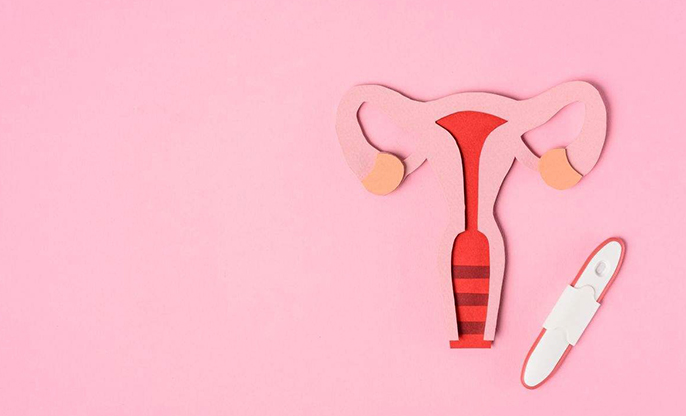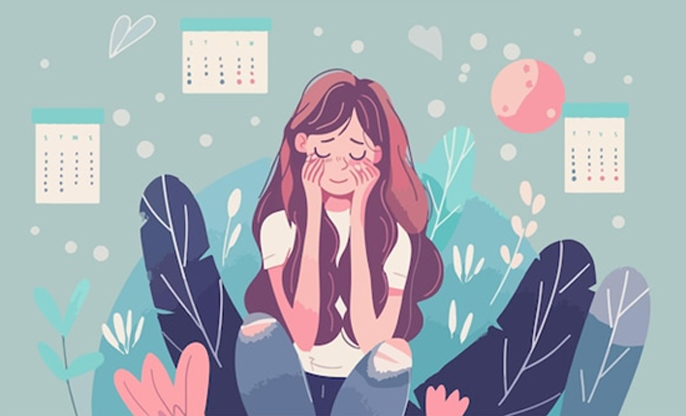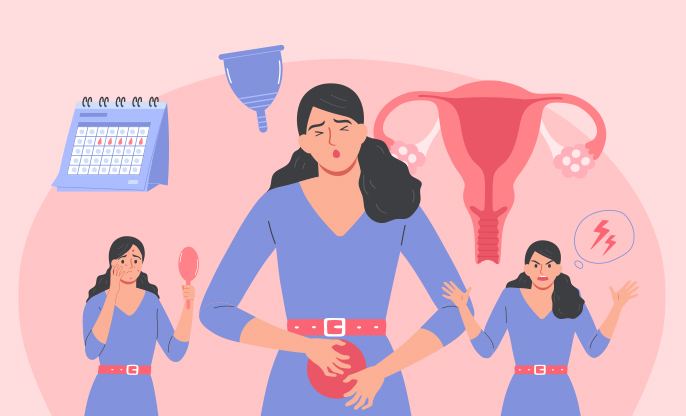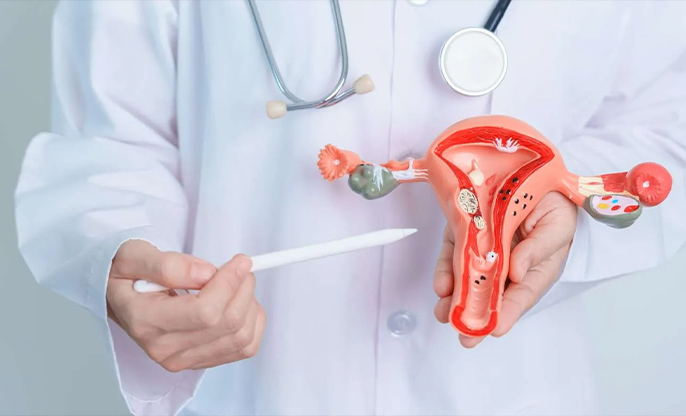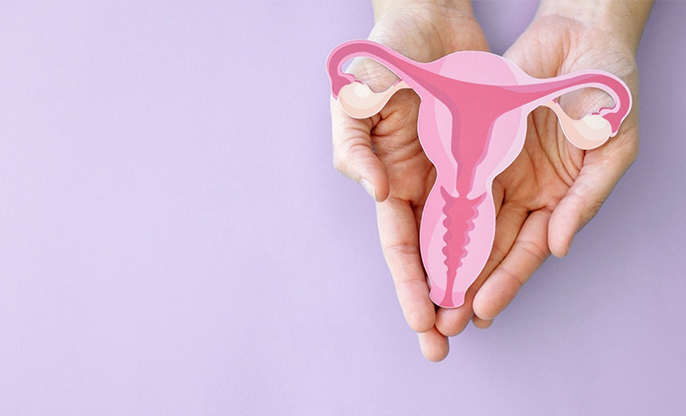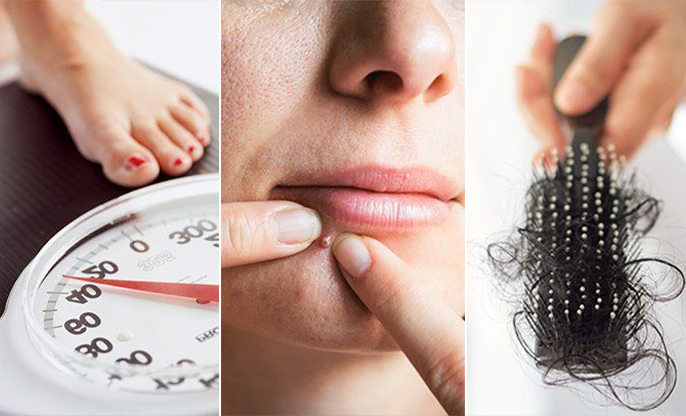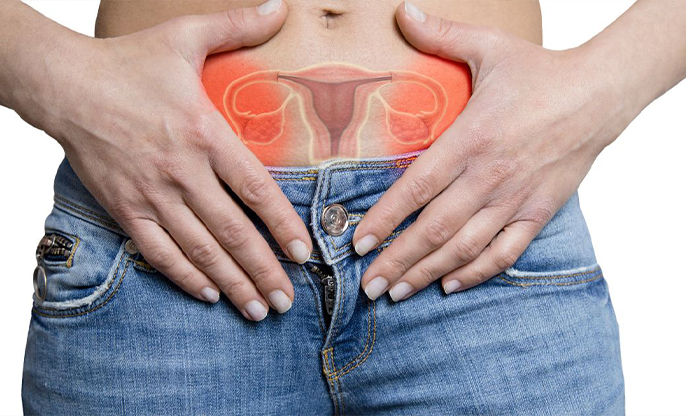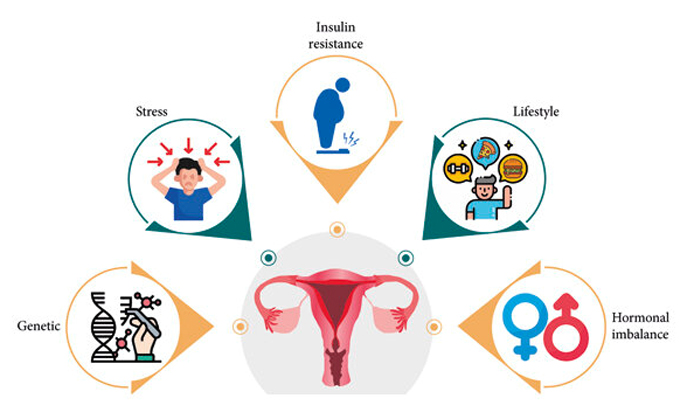
Living with Polycystic Ovary Syndrome (PCOS) often feels like trying to solve a puzzle without all the pieces. While doctors still haven't figured out all the details, they do know that several factors contribute to its development, and understanding these can help us manage the condition more effectively.
- Genetic Links: It's clear that PCOS often runs in families. If someone in our family, like a mother, sister, or aunt, has PCOS, our chances of developing it are higher. This genetic connection shows that PCOS isn't just about individual lifestyle choices but something deeper in our DNA that affects how our ovaries function and how our bodies handle hormones.
- Insulin Resistance: This is a big piece of the PCOS puzzle. Our bodies can make insulin but struggle to use it effectively, which means our insulin levels rise. High insulin levels increase the production of androgens (male hormones), disrupting our ovulation and leading to many of the symptoms we struggle with, like weight gain and irregular periods.
- Inflammation: We've learned that our bodies deal with more inflammation than they should, which can make our ovaries produce even more androgens. It's a cycle that not only affects our reproductive health but also our risk of developing heart problems.
- Hormonal Imbalances: Hormones are the main players in PCOS. We have higher levels of androgens, which can cause issues like acne, excess hair, and ovulation problems. Our progesterone levels are lower, which makes our menstrual cycles unpredictable. And the balance between our luteinizing hormone (LH) and follicle-stimulating hormone (FSH) is off, further complicating things.
- Lifestyle
and Environment: While these aren’t direct causes,
things like being overweight, eating a poor diet, not getting enough exercise,
and stress can all make our PCOS symptoms worse. There's also talk about
environmental toxins affecting our hormone balance, adding another layer
of complexity to managing our PCOS.
Understanding these factors helps us take control. We
can't change our genes, but we can manage our insulin resistance through diet
and exercise. We can tackle inflammation with a healthy lifestyle and maybe
some medical help. And by knowing more about how hormones play into PCOS, we
can work with our doctors to find treatments that might help balance things
out.
Dealing with PCOS is challenging, but getting to the root of these issues gives us a fighting chance to improve our health and our lives. It's about taking it one step at a time, with each small change bringing us closer to feeling better.
